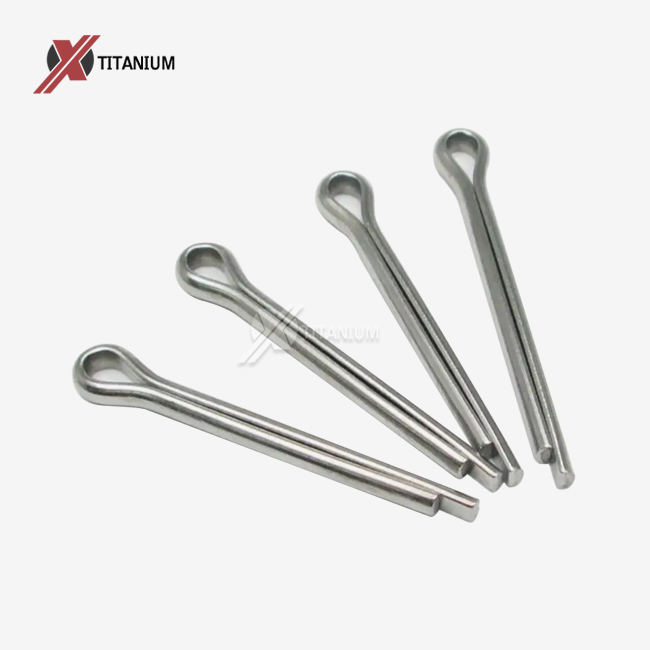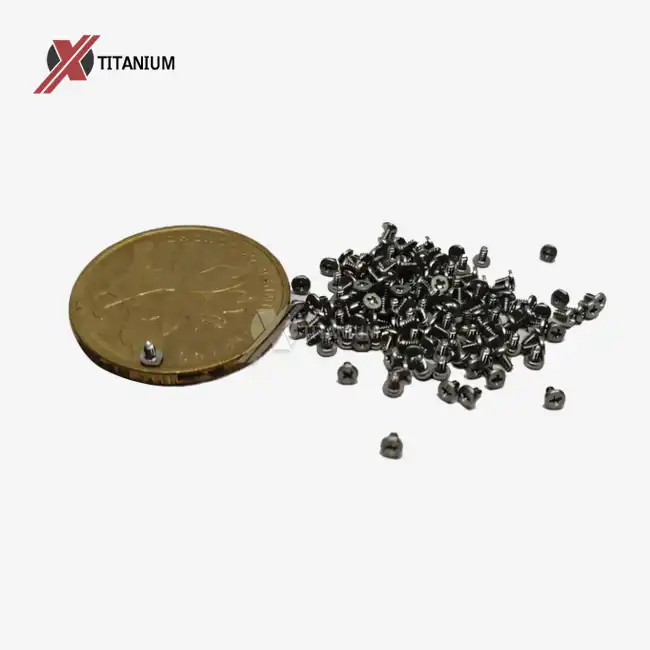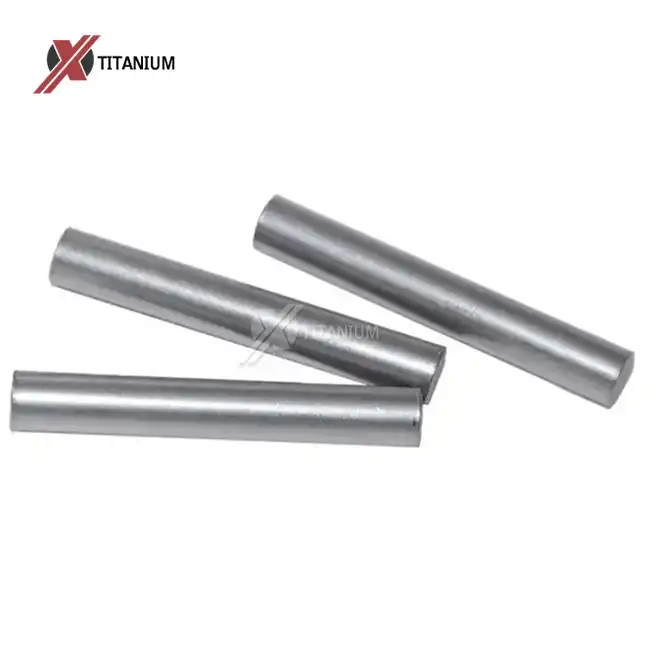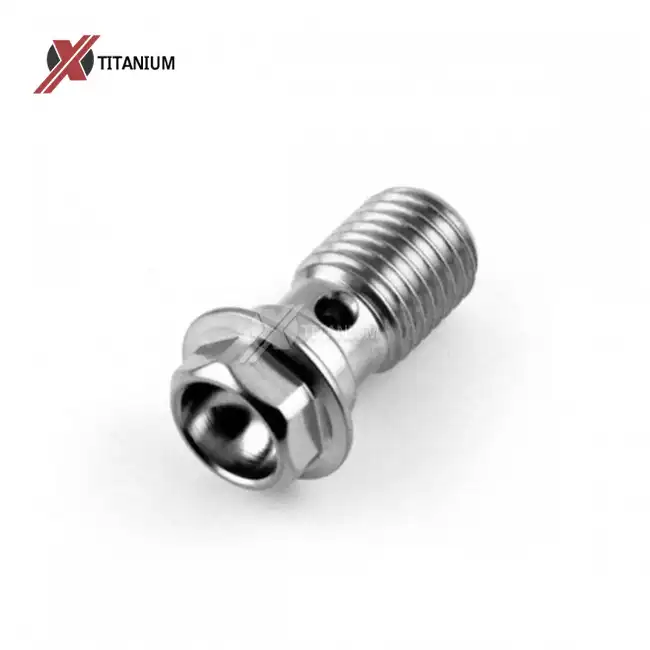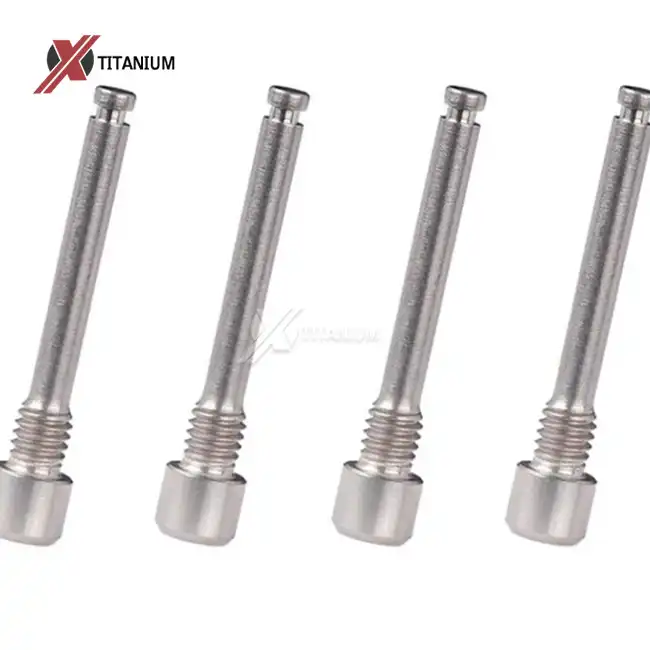Introducing Cotter Pins and Their Applications
What are Cotter Pins?
Cotter pins are small, versatile fasteners used to secure various components in mechanical assemblies. These split pins are inserted through a hole in a shaft, axle, or bolt to prevent other parts from sliding off or becoming loose. The design of cotter pins allows for easy installation and removal, making them a popular choice in many industries.
Common Applications of Cotter Pins
Cotter pins find widespread use across numerous sectors due to their simplicity and effectiveness. In the automotive industry, they secure wheel bearings, brake components, and suspension parts. Aerospace engineers rely on cotter pins to fasten critical components in aircraft engines and control systems. Marine applications include securing propeller shafts and rudder assemblies. The versatility of cotter pins extends to industrial machinery, where they play a crucial role in maintaining the integrity of various mechanical connections.
The Importance of Material Selection for Cotter Pins
Choosing the right material for cotter pins is paramount to ensuring the safety and reliability of the assemblies they secure. The selected material must withstand the specific environmental conditions, load requirements, and potential stresses it will encounter. Factors such as temperature, humidity, chemical exposure, and mechanical forces all play a role in determining the most suitable material. This is where titanium cotter pins excel, offering a unique blend of properties that make them ideal for a wide range of demanding applications.
The Superior Properties of Titanium Cotter Pins
Exceptional Strength-to-Weight Ratio
Titanium cotter pins boast an impressive strength-to-weight ratio, surpassing that of steel and many other metals. This characteristic allows for the creation of lightweight yet incredibly strong fasteners. In applications where weight reduction is crucial, such as in aerospace or high-performance automotive industries, titanium cotter pins provide the necessary strength without adding excessive mass. This property contributes to improved fuel efficiency and overall performance in vehicles and aircraft.
Unmatched Corrosion Resistance
One of the most notable features of titanium cotter pins is their exceptional resistance to corrosion. Titanium naturally forms a protective oxide layer when exposed to air, making it highly resistant to various corrosive environments. This includes resistance to saltwater, making titanium cotter pins an excellent choice for marine applications. The corrosion resistance of titanium also extends to many chemicals and acids, ensuring the longevity of the cotter pins in harsh industrial settings.
High Temperature Performance
Titanium cotter pins maintain their strength and integrity at elevated temperatures, outperforming many other materials in high-heat applications. This property makes them invaluable in aerospace and automotive industries, where components are often subjected to extreme temperature fluctuations. The ability to withstand high temperatures without losing structural integrity ensures that titanium cotter pins continue to perform their critical function even under the most demanding conditions.
Biocompatibility and Non-Toxicity
Another unique advantage of titanium cotter pins is their biocompatibility. Titanium is non-toxic and does not react with human tissue, making it safe for use in medical implants and devices. While cotter pins are not typically used in medical implants, this property underscores the material's versatility and safety in various applications. The non-toxic nature of titanium also makes it an environmentally friendly choice for industries concerned with sustainability and reduced environmental impact.
Comparing Titanium Cotter Pins to Other Materials
Titanium vs. Stainless Steel Cotter Pins
Stainless steel is a common material for cotter pins due to its good corrosion resistance and strength. However, titanium cotter pins offer several advantages over their stainless steel counterparts. Titanium is significantly lighter than stainless steel while providing comparable or superior strength. This weight reduction can be crucial in applications where every gram matters, such as in aerospace or high-performance racing. Additionally, titanium's corrosion resistance surpasses that of most stainless steel grades, particularly in marine environments where chloride-induced corrosion is a concern.
Titanium vs. Alloy Steel Cotter Pins
Alloy steel cotter pins are known for their high strength and are often used in heavy-duty applications. However, titanium cotter pins offer a compelling alternative. While alloy steel may have a slight edge in absolute strength, titanium's superior strength-to-weight ratio often makes it the preferred choice in applications where weight reduction is essential. Furthermore, titanium's corrosion resistance far exceeds that of alloy steel, eliminating the need for additional protective coatings and reducing long-term maintenance requirements.
Cost Considerations and Long-Term Value
It's important to address the cost aspect when comparing titanium cotter pins to alternatives. Initially, titanium cotter pins may have a higher upfront cost compared to steel or other materials. However, the long-term value proposition of titanium is compelling. The exceptional durability and corrosion resistance of titanium cotter pins translate to reduced replacement frequency and lower maintenance costs over time. In critical applications where failure is not an option, the reliability of titanium can justify the initial investment. Additionally, in industries where weight savings directly correlate to operational efficiency, such as aerospace, the use of titanium cotter pins can lead to significant long-term cost savings through improved fuel economy.
Conclusion
In conclusion, when it comes to the strongest material for cotter pins, titanium emerges as the top contender. Its unparalleled combination of strength, lightweight properties, and corrosion resistance makes titanium cotter pins the ideal choice for demanding applications across various industries. While the initial cost may be higher, the long-term benefits in terms of performance, durability, and reduced maintenance make titanium cotter pins a wise investment for critical fastening needs.
For those seeking high-quality titanium cotter pins and other titanium products, Baoji Chuanglian New Metal Material Co., Ltd. offers a wide range of solutions. With over a decade of experience in titanium product manufacturing and research, we provide customized titanium fasteners to meet the specific needs of diverse industries. To learn more about our titanium cotter pins and other products, please contact us at info@cltifastener.com or djy6580@aliyun.com.
